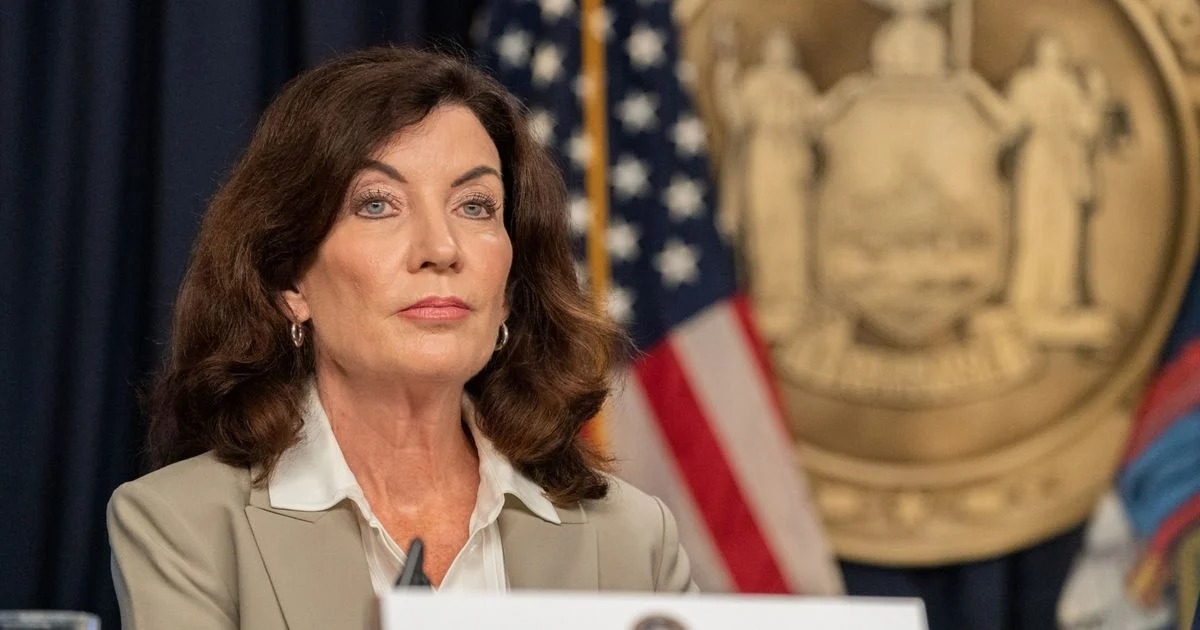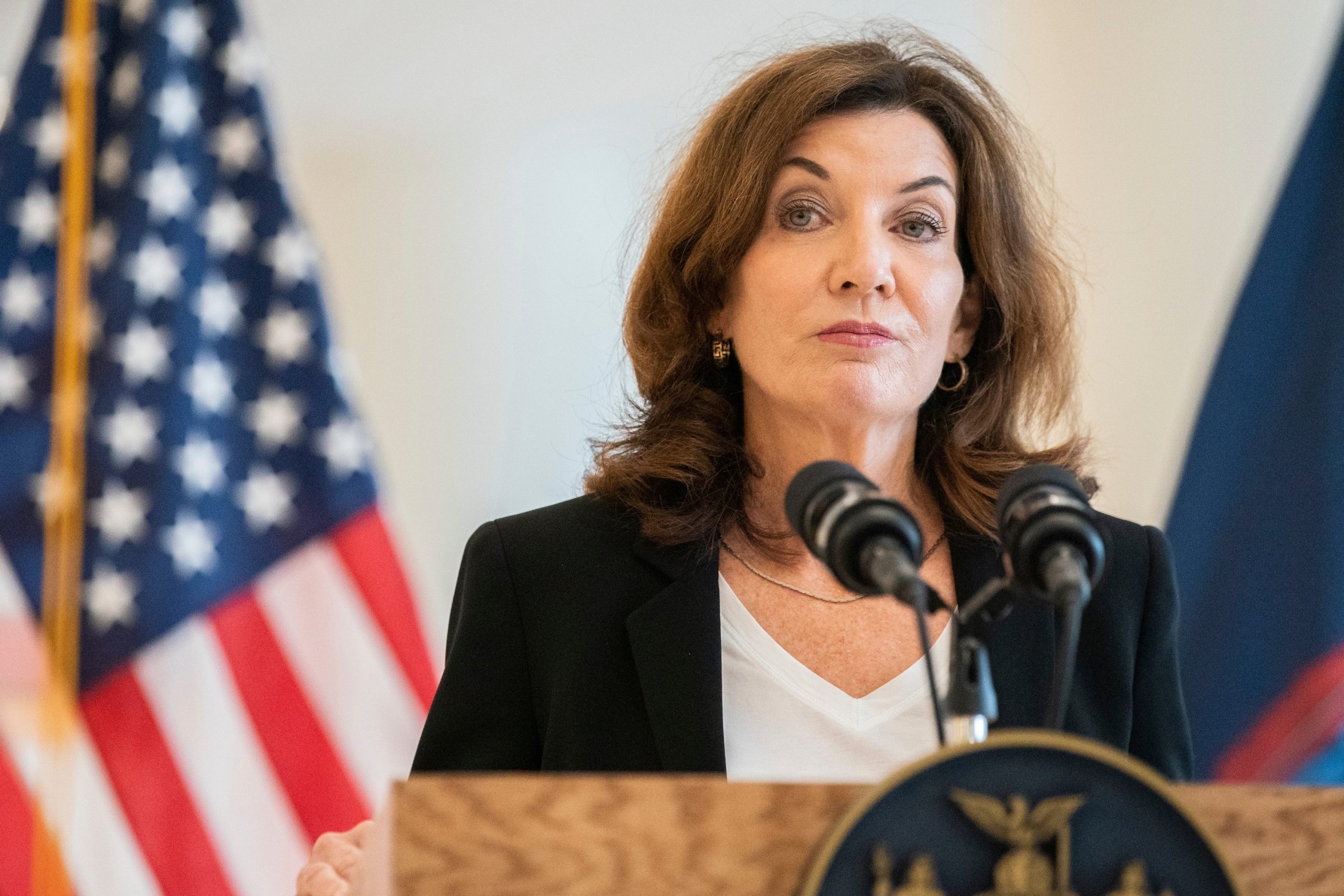New York Governor Kathy Hochul has initiated a comprehensive evaluation of the state’s recreational marijuana licensing program in response to a series of challenges that have hindered the legal market and allowed illicit sellers to thrive.
The review aims to address issues such as slow license processing times and bureaucratic inefficiencies within the Office of Cannabis Management (OCM).
Governor Hochul, a Democrat, has openly criticized the rollout of the recreational marijuana program, describing it as a “disaster.” Despite the legalization of recreational cannabis sales at the end of 2022, only a limited number of legal shops, just over 80, have opened so far.

The state’s legalization law aimed to prioritize applicants from nonprofits and individuals with prior marijuana convictions for the first round of retail licenses.
Additionally, it established a $200 million social equity fund to support marginalized communities affected by the war on drugs in entering the cannabis market.
However, the implementation of these initiatives has been plagued by legal disputes and delays in distributing funds, hindering the growth of the legal market.
Meanwhile, unlicensed marijuana storefronts, particularly prevalent in New York City, have proliferated, prompting Governor Hochul to appeal to online platforms like Google and Yelp to cease listing them.

The OCM, tasked with overseeing the licensing process, has been overwhelmed by a deluge of applications. The agency has struggled to keep pace, with only 32 staff members responsible for reviewing approximately 7,000 applications since last fall.
The decision to conduct a comprehensive assessment of the program comes shortly after a senior official at the cannabis agency was placed on administrative leave following allegations of selective enforcement.
As part of the review, Jeanette Moy, the commissioner of the Office of General Services, and other state officials will be embedded within the OCM for at least 30 days to identify operational deficiencies and develop strategies for improvement. The goal is to enhance the agency’s functionality and establish performance metrics for future operations.
Chris Alexander, executive director of the Office of Cannabis Management, emphasized the commitment to equity in the cannabis market while acknowledging the need for operational improvements. Moy’s leadership is expected to facilitate the necessary changes to address the challenges and ensure the program’s success.


